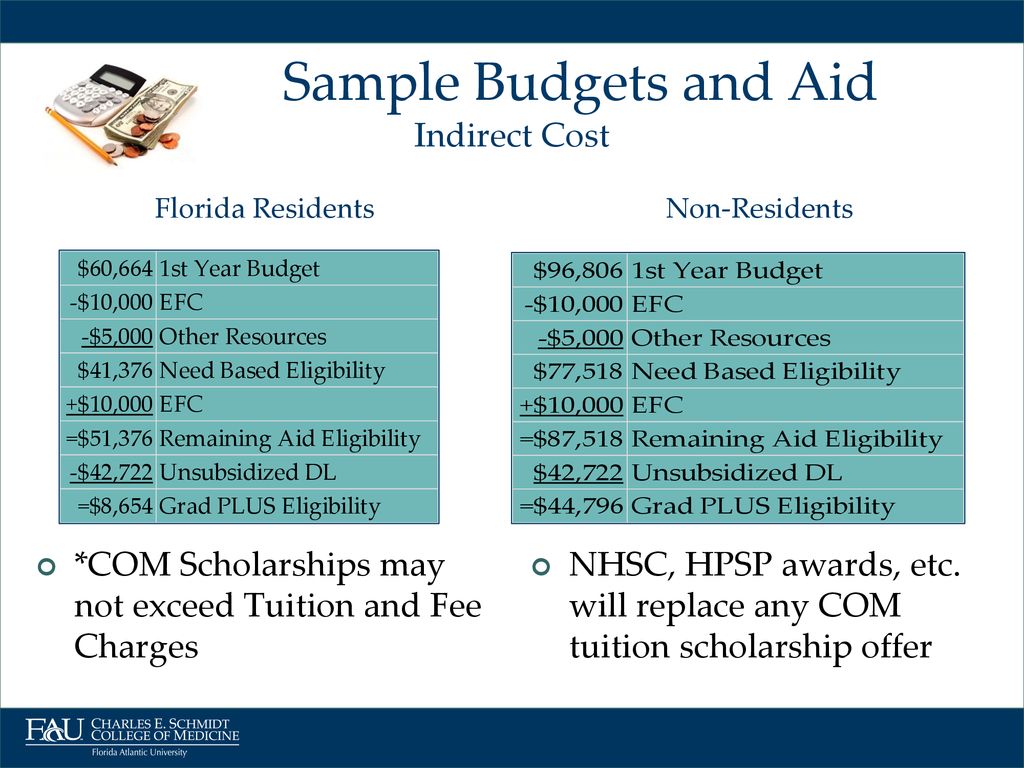The Big Scare: College Costs and My First Panic Attack
I remember it vividly. I was fresh out of high school, brimming with dreams of higher education, but absolutely terrified by the price tag. Every university brochure seemed to scream "Millions of dollars!" (Okay, maybe not millions, but it sure felt like it). I spent countless hours scouring websites for "scholarships." You know, the typical ones – essay contests, academic merit awards, sports scholarships. I applied for dozens, writing essays until my fingers ached, but the competition was fierce, and the rejections piled up faster than my laundry.
I was getting disheartened. Was my dream just too expensive? Was I doomed to a mountain of student debt before I even started? That’s when a wise old mentor, who saw the panic in my eyes, sat me down. "You’re looking for the wrong kind of magic," she said, with a knowing smile. "Sometimes, the best help isn’t a direct hand-out, but a clever trick that makes the burden lighter. You need to explore indirect scholarships."
What Even Are Indirect Scholarships? My "Aha!" Moment
I scratched my head. "Indirect scholarships? What’s that, like, someone else pays for my coffee?" I asked, half-joking.
She chuckled. "Close, but better. Think of it this way: a direct scholarship is someone handing you cash to pay for your education. An indirect scholarship is anything that significantly reduces your educational expenses without necessarily putting money directly into your pocket for tuition. It’s about reducing what you have to pay, not just increasing what you get."
My eyes widened. It was like she’d just shown me a hidden door in a familiar wall. This wasn’t about winning a lottery; it was about strategic cost-cutting and smart opportunities.
My First Dive: The Graduate Assistantship
My mentor encouraged me to look into graduate programs, even though I was still thinking undergraduate. She said the concept often started there. When I finally applied for my Master’s, I remembered her words. I found out about Graduate Assistantships (GAs) or Research Assistantships (RAs). These are roles where you work for the university, often helping a professor with teaching (TA) or research (RA).
I landed a TA position in my department. My responsibilities included grading papers, holding office hours, and sometimes even leading discussion groups. It wasn’t always easy, balancing work with my own studies, but the payoff? It was huge. My tuition fees were waived entirely, and I received a modest stipend every month to help with living expenses.
This was my first true indirect scholarship, and it was a game-changer. I wasn’t getting a scholarship check, but the university was essentially saying, "Work for us, and we’ll cover your tuition." It felt like I was earning my education, piece by piece, rather than just paying for it. The experience I gained was invaluable, too, but that’s a bonus story for another day.
Beyond the Classroom: Other Hidden Gems I Discovered
Once I understood the concept, I started seeing indirect scholarships everywhere. It’s like putting on special glasses that reveal hidden patterns.
-
Employer Tuition Assistance Programs:
I had a friend who worked part-time at a large company while pursuing her undergraduate degree. She discovered that her employer offered a tuition reimbursement program. After working a certain number of hours and maintaining a good GPA, the company would pay back a portion, or even all, of her tuition costs for courses related to her field. She wasn’t handed money upfront, but her employer essentially covered her bills after she proved herself. This is a brilliant way to "earn" your degree if you’re working while studying. -
Fellowships and Stipends:
While GAs often involve work, many fellowships are awarded based on merit and are designed to allow you to focus purely on your studies or research. These often come with a full tuition waiver and a generous stipend for living expenses. It’s not a scholarship in the traditional sense, but a comprehensive funding package that makes your education virtually free, and sometimes even profitable. I applied for a few of these later in my academic journey and secured one that allowed me to dedicate myself entirely to my thesis without financial worry. -
Housing Opportunities (RAs for Dorms):
Some universities offer positions like Resident Advisor (RA) in dormitories. In exchange for supervising students, organizing events, and being on call, RAs often receive free or heavily subsidized on-campus housing. Think about how much rent costs! This isn’t money for tuition, but it drastically cuts down one of the biggest expenses of college life, freeing up your own funds or loan money for other necessities. -
Project-Based Grants and Conference Funding:
I saw other students receive small grants for specific research projects. While the money was for lab equipment or travel, it indirectly supported their academic progress by enabling them to complete degree requirements without out-of-pocket costs. Similarly, some departments offer conference funding to help students present their research. This doesn’t pay tuition, but it covers travel and registration fees, which are often expensive and crucial for academic networking and career building. Without this funding, many students would simply miss out on these vital opportunities. -
Apprenticeships and Paid Internships with Educational Components:
Though less common for traditional degrees, some fields offer apprenticeships where you learn on the job and get paid, sometimes even leading to certifications or credits. Similarly, highly selective paid internships can offer invaluable experience and a decent income, helping you save for future educational endeavors or reduce current loan needs.
How to Hunt for Your Own Indirect Scholarships
Finding these opportunities requires a bit of detective work and a proactive mindset. They rarely land in your lap.
- Talk to Your Department: This is crucial. Your academic department (for graduate students) or specific program advisors (for undergraduates) often know about TA/RA positions, departmental fellowships, and specific project grants. They’re your best first point of contact.
- University HR and Financial Aid Office: Don’t just look at the "scholarship" section. Ask about "student employment with benefits," "tuition benefits," or "employee educational assistance."
- Your Employer: If you’re working, check with your HR department about tuition reimbursement policies. Many companies have them, but few employees actually use them.
- Networking with Professors: Building relationships with your professors can open doors. They might be looking for research assistants for their grants, or they might know about specific funding opportunities that aren’t widely advertised.
- University Job Boards: Look beyond typical student jobs. Search for "graduate assistant," "research assistant," "resident advisor," or "fellowship" on your university’s internal job portals.
- Professional Organizations: Many professional organizations offer grants or fellowships for students in their field, often covering conference travel or research costs.
Why They’re a Game-Changer
Embracing indirect scholarships fundamentally changed my approach to funding my education.
- Less Debt, More Freedom: The most obvious benefit. By having tuition waived or expenses covered, I significantly reduced the amount I needed to borrow, which meant less stress after graduation.
- Invaluable Experience: Many indirect scholarships, especially GAs and RAs, offer practical work experience directly relevant to your field. This boosts your resume and helps you network.
- Networking Opportunities: Working closely with professors, administrators, or industry professionals through these roles creates connections that can be vital for your future career.
- Enhanced Focus: Knowing that a significant chunk of your financial burden is lifted allows you to concentrate more fully on your studies and personal growth, rather than constantly worrying about money.
- Skill Development: From teaching to research to leadership, these roles help you develop skills that are highly sought after in any profession.
My Final Advice: Don’t Give Up, Look Deeper
My journey taught me that the path to an affordable education isn’t always a straight line to a big scholarship check. Sometimes, it’s a winding road filled with clever detours, strategic roles, and hidden opportunities.
Don’t let the initial sticker price of education scare you away. Be curious, be persistent, and ask questions. Look beyond the obvious. Talk to people, explore every corner of your university’s website, and don’t be afraid to take on a role that might seem like "work" but actually holds the key to unlocking a debt-free or significantly cheaper education.
Indirect scholarships aren’t just about saving money; they’re about investing in your future, gaining experience, and building a network, all while making your educational dreams a tangible reality. Go out there and find your own hidden magic!


